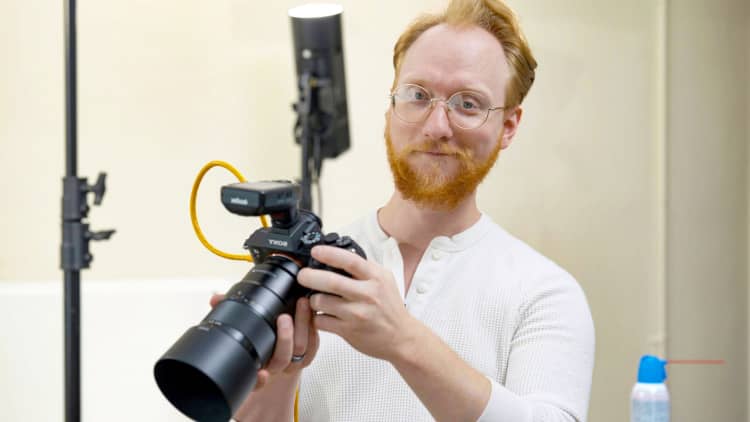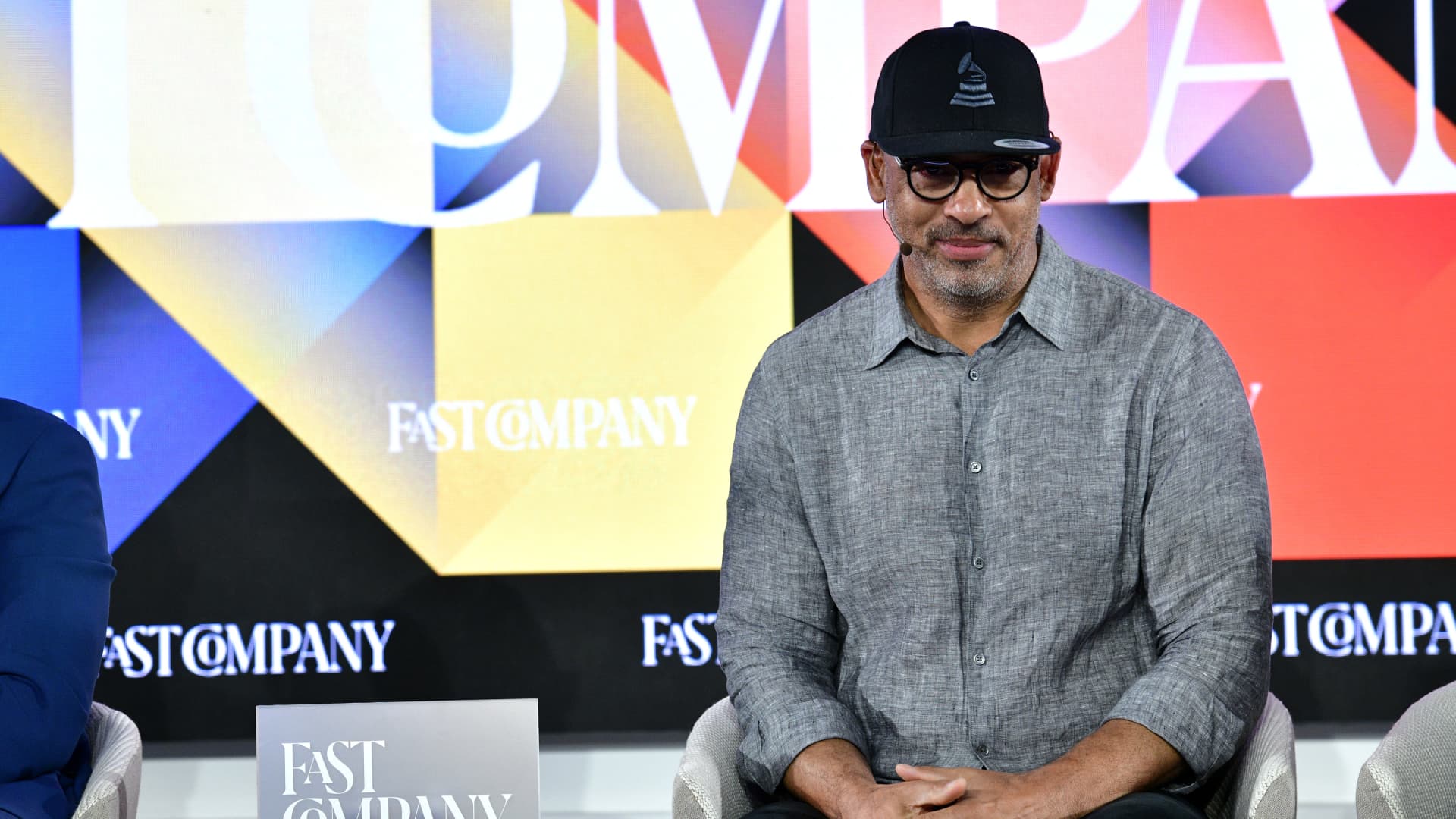Artificial intelligence might be able to pass a Wharton MBA exam, but it can’t win a Grammy.
That’s according to Harvey Mason Jr., CEO of the Recording Academy, which presents the Grammy Awards annually to recognize leading contributions to the music industry.
“No, we’re not going to award AI creativity,” Mason said last week at the Fast Company Innovation Festival 2023. “But we’re not going to disclude or disqualify the creators working with it.”
The Recording Academy recently published new eligibility requirements for the 66th annual Grammy Awards, which will take place in February 2024. The guidelines laid out two categories under which an AI-assisted song might qualify for award consideration.
“If there’s AI performing the song, but there’s humans writing it, then it’s eligible for a writing category. If AI wrote the song but a human singer … is singing the song, then it’s going to be eligible for a performance category,” Mason explained.
The updated policy comes after an anonymous artist — known as Ghostwriter — submitted a song for the awards titled “Heart on My Sleeve,” which used AI to mimic the voices of singers Drake and The Weeknd. Earlier this month, Mason told the New York Times that the song was “absolutely eligible” for a Grammy in the “creative” categories, like Song of the Year, “because it was written by a human.”
It’s ineligible for awards like Best Rap Performance because the “vocals were not legally obtained, the vocals were not cleared by the label or the artists and the song is not commercially available,” Mason added in a recent Instagram video.
At the Fast Company festival, Mason indicated that this year’s rules may not stay in effect for long.
“This is going to change quickly,” he said. “These things are happening now, so much more quickly, we have to be able to pivot. We have to be able to adjust awards categories, procedures, processes … everything about our organization.”
Sixty percent of independent musicians already use AI to make songs, according to a recent survey of 1,299 artists by Ditto, a music distribution company. The artists said they use AI for assistance in areas like songwriting, music production, mastering music and even music artwork.
Mason said he supports some of those creative processes, and recognizes that music will evolve as AI continues to grow — but his No. 1 goal is to uplift human artists.
“The Academy is here to support and advocate and protect and represent human artists and human creators. Period,” he said in his Instagram video.
DON’T MISS: Want to be smarter and more successful with your money, work & life? Sign up for our new newsletter!
Want to earn more and land your dream job? Join the free CNBC Make It: Your Money virtual event on Oct. 17 at 1 p.m. ET to learn how to level up your interview and negotiating skills, build your ideal career, boost your income and grow your wealth. Register for free today.


